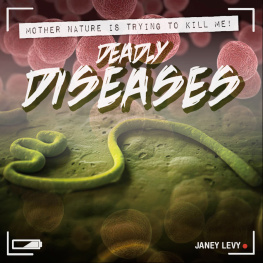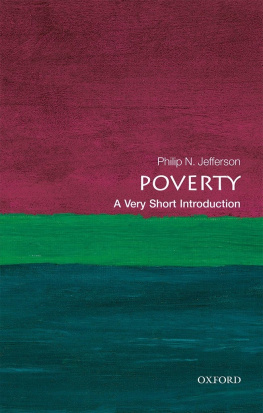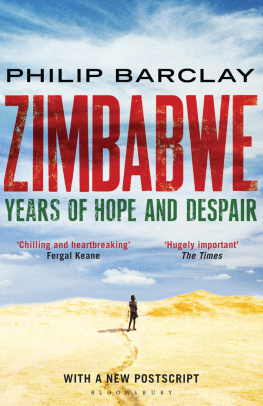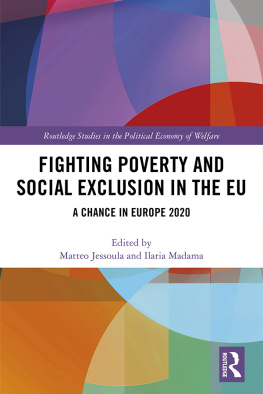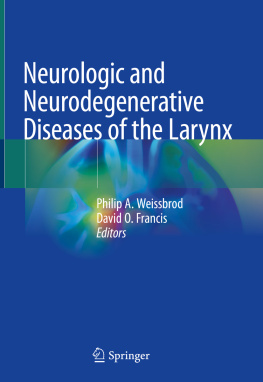Fighting the Diseases of Poverty
Acknowledgements
Wealth, health and the cycle of progress is adapted from a paper entitled Economic growth and the State of humanity, originally published in 2001 by PERC the Center for Free Market Environmentalism, in Bozeman, Montana. Tables and figures are Indur M. Goklany.
Corruption in Public Health was originally published by the Center for Global Development in 2006. Some rights are reserved under a Creative Commons License.
The Value of Vaccination was originally published in World Economics, volume 6, no. 3.
Originally published in 2007 in Great Britain, by International Policy Press.
Published 2008 by Transaction Publishers
Published 2017 by Routledge
2 Park Square, Milton Park, Abingdon, Oxon OX14 4RN
711 Third Avenue, New York, NY 10017, USA
Routledge is an imprint of the Taylor & Francis Group, an informa business
Copyright 2008 by Taylor & Francis.
All rights reserved. No part of this book may be reprinted or reproduced or utilised in any form or by any electronic, mechanical, or other means, now known or hereafter invented, including photocopying and recording, or in any information storage or retrieval system, without permission in writing from the publishers.
Notice:
Product or corporate names may be trademarks or registered trademarks, and are used only for identification and explanation without intent to infringe.
Library of Congress Catalog Number: 2008003099
Library of Congress Cataloging-in-Publication Data
Fighting the diseases of poverty / Philip Stevens, editor.
p. ; cm.
Includes bibliographical references.
ISBN 978-1-4128-0744-9 (alk. paper)
1. Medical policy--Developing countries. 2. Poverty--Health aspects
--Developing countries. 3. Globalization--Health aspects--Developing
countries. 4. Medical care--Developing countries. I. Stevens, Philip.
[DNLM: 1. Health Services Accessibility--economics. 2. Developing
Countries. 3. Disease Outbreaks--prevention & control. 4. Poverty. 5.
Preventive Health Services--economics. 6. Socioeconomic Factors. WA
395 F471 2008]
RA395.D44F54 2008
362.109724--dc22
2008003099
ISBN 13: 978-1-4128-0744-9 (pbk)
Contents
Philip Stevens
Indur Goklany
Johan Biermann
Maureen Lewis
Philip Stevens
Prof Khalil Ahmed, Franklin Cudjoe, Eustace Davie, Dr John Kilama, Prof Martn Krause, Andrs Mejia, Barun Mitra, Nonoy Oplas, Martn Simonetta, Philip Stevens, Jose Luis Tapia, Margaret Tse, Jasson Urbach
Prof Khalil Ahmed, Franklin Cudjoe, Eustace Davie, Dr John Kilama, Prof Martn Krause, Andrs Mejia, Barun Mitra, Nonoy Oplas, Martn Simonetta, Philip Stevens, Jose Luis Tapia, Margaret Tse, Jasson Urbach
Philip Stevens and Julian Morris
David Bloom, David Canning and Mark Weston
Prof Richard Wagner
The authors
Johan Biermann is a planning consultant and policy researcher in Pretoria, South Africa. Over the last decade he has undertaken research for the Free Market Foundation of Southern Africa on the impact of government planning and regulation on economic development and service delivery, including the effect of legislation, regulation and government policy on the delivery of health-care. His published articles on healthcare include Government can reduce medicine prices overnight (2003), Certificates of need are a recipe for chaos (2004), and Health charter perpetuates fallacies (2005). He is the author of the occasional paper Undermining Mineral Rights: an International Comparison (2001) and the briefing paper Town Planning and the Market (2002), both published by the Free Market Foundation, of which he is a Council member. Conference papers include Planning, Prosperity and the Market (1992), and A Critique of Social Health Insurance (2004).
David Bloom is Clarence James Gamble Professor of Economics and Demography at the Harvard School of Public Health. Professor Bloom has published over eighty articles and books in the fields of economics and demography, and his current research interests include labour economics, health, demography, and the environment. Professor Bloom has served as a consultant to the United Nations Development Programme, the World Bank, the World Health Organization, the International Labor Organization, the National Academy of Sciences, and the Asian Development Bank. In addition, he is a member of the American Arbitration Associations Labor Arbitration Panel, and a faculty research associate at the National Bureau of Economic Research, where he participates in the programs on labour studies, health economics, and aging.
David Canning is Professor of Economics and International Health at the Harvard School of Public Health. His research focuses on the role of demographic change and health improvements in economic development. Before taking up his position at the Harvard School of Public Health, Professor Canning held faculty positions at the London School of Economics, Cambridge University, Columbia University, and Queens University Belfast. Professor Canning has served as a consultant to the World Health Organization, the World Bank, and the Asian Development Bank. In addition, he was a member of Working Group One of the World Health Organizations Commission on Macroeconomics and Health.
Indur Goklany is a researcher and manager of science and policy issues at the U.S. Department of the Interiors Office of Policy Analysis. Dr Goklany has written extensively in peer-reviewed literature, has authored and contributed to several books on issues such as climate change, biodiversity and the relationship between economic growth and the environment. He was the first Julian Simon Fellow at the Property and Environment Research Center in Bozeman, Montana, in the summer of 2000. He also has been a Visiting Fellow at the American Enterprise Institute. His most recent book, The Improving State of the World: Why Were Living Longer, Healthier, More Comfortable Lives on a Clean Planet was published in 2007. The views expressed in his chapter are his own.
Dr Maureen Lewis is a health and development economist for the Center for Global Development in Washington, DC. Prior to this, she was chief economist of the World Banks Human Development Network. She led the team that designed the Banks first major HIV project, in Brazil in 1993. Previously she established and directed the Urban Institutes International Health and Demographic Policy Unit. An Adjunct Professor at the George Washington University, Maureen has published dozens of articles in peer-reviewed journals on health and population. She has a PhD from John Hopkins University, and an MA and BSFS from George Washington University.
Julian Morris founded International Policy Network in 2001. He was previously the Director of the Institute of Economic Affairs Environment and Technology Programme. He has two Masters Degrees in economics and a Graduate Diploma in Law from the University of Westminster. He is also a Visiting Professor at the University of Buckingham.






